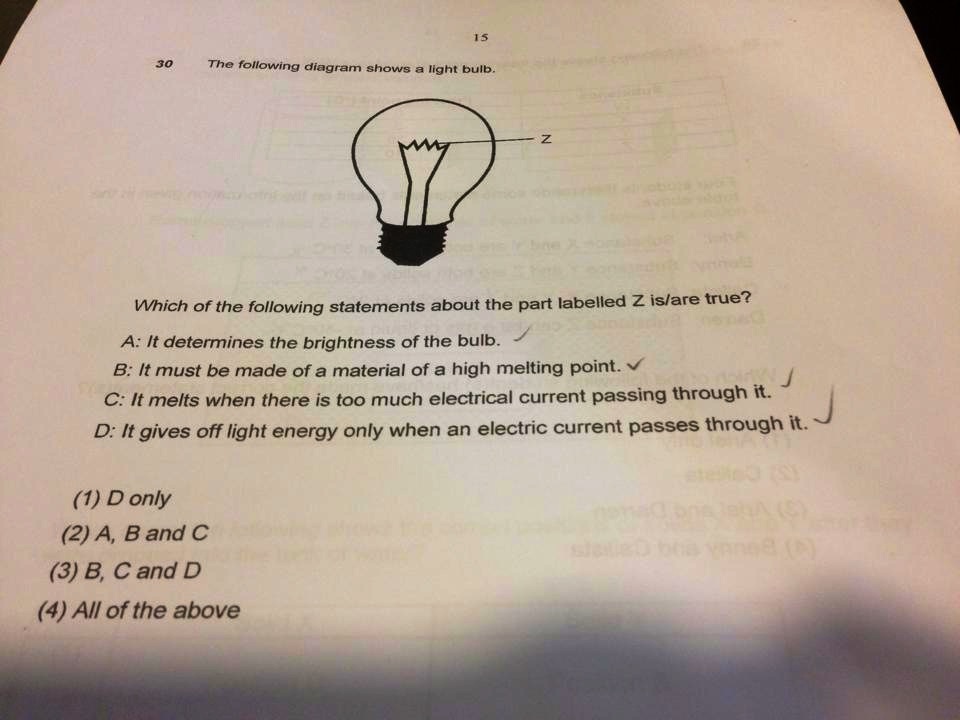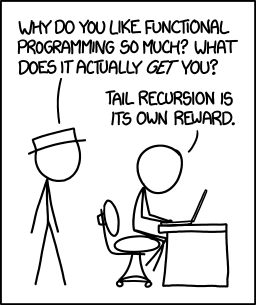Jill Anderson, "Misreading Like a Lawyer: Cognitive Bias in Statutory Interpretation", Harvard Law Review, Vol. 127, 2014, Forthcoming:
Statutory interpretation dilemmas arise in all areas of law, where we often script them as scenes of conflict between a statute’s literal text and its animating purpose. This article argues that, for an important class of disputes, this supposed discord between text and purpose is an illusion. In fact, lawyers are overlooking ambiguities of literal meaning that align well with statutory purpose. The form of ambiguity in question inheres not in individual words, but at the level of the sentence. What triggers a split in readings are verbs that linguists classify as "opaque," which are perfectly common in legal texts: intend, impersonate, endeavor, and regard are among them. In ordinary speech we resolve their dual readings unconsciously and without difficulty. In law, however, our failure to notice multiple readings of ambiguous language has left a trail of erroneous judicial determinations and doctrinal incoherence across a broad swath of law, from disability rights to white collar crime to identity fraud to genocide. Drawing on examples from these areas, this Article uses the tools of formal semantics to expose the ambiguity of opaque constructions and to make visible the family resemblance among the ways we misinterpret them. It then turns to the question of why lawyers misread and what we can do about it. The converging literatures of language development and the psychology of reasoning suggest an answer. When we analyze opaque sentences explicitly as statutory interpretation requires (as opposed to spontaneously in conversation), we may be particularly vulnerable to cognitive bias. Factors peculiar to law tend to amplify and propagate this bias instead of dampen and contain it, but they may also point the way toward more sophisticated legal reading.
Read the rest of this entry »

 As reported
As reported 
